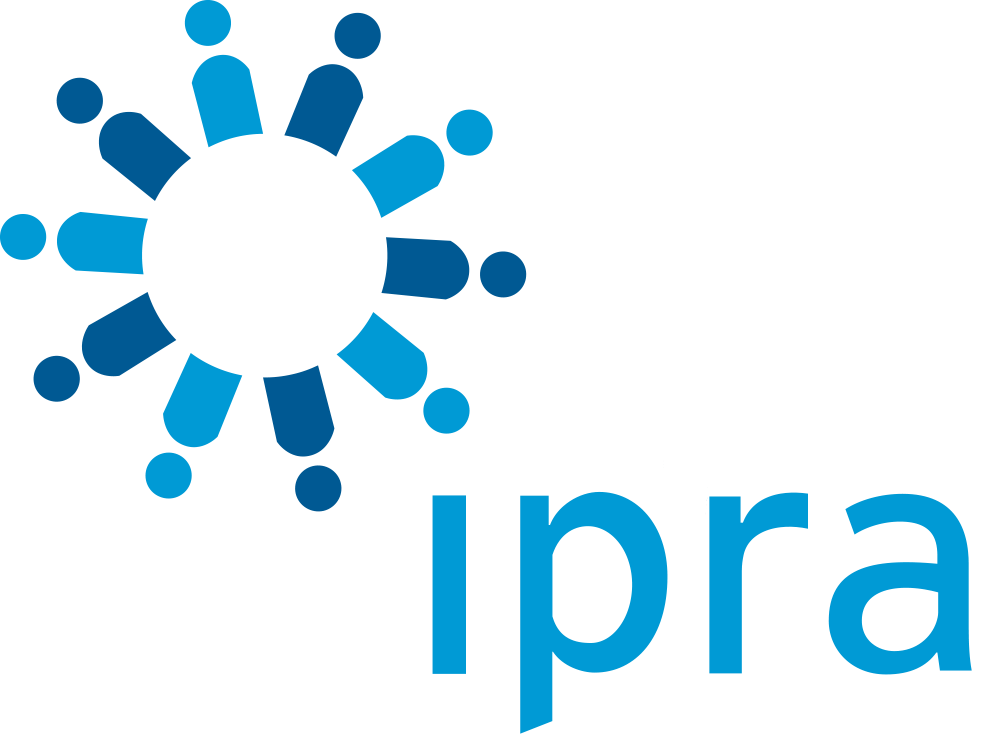ITL #577 Tell the truth and tell it fast: crisis communications in an 'always-on' world
1 year, 7 months ago
Businesses that are prepared, nimble and honest are better able to survive a crisis. By Nicky James.
Crises can be unpredictable, impacting businesses of all sizes and industries. However, the approach to crisis management today has undergone a significant transformation compared to two decades ago. While the response principles remain the same, the time in which to respond, and the tools available have drastically changed.
In the early 2000s, which is when I ventured into the world of public relations, businesses had more time to respond to crises because of the lack of technological and digital advancements that we enjoy today. Communication channels were limited, as was immediate information sharing. However, from Threads and TikToks going viral to memes and the metaverse, digital technology has changed the game entirely for both agencies and their clients.
The speed at which information is distributed and shared online and on social media requires a heightened level of preparedness from communications professionals to effectively mitigate a crisis before it unfolds – to essentially plan for and manage tomorrow’s PR crisis, today. This is easier said than done and requires proactivity, detailed planning, and careful execution.
Proactivity and honesty
In my experience, proactivity and honesty are the foundation of effective crisis management, which is why it is essential for PR agencies to work closely with their clients to identify business vulnerabilities and risks upfront. This allows PR teams to develop a strategic crisis plan that outlines key stakeholders, appropriate spokespeople, and step-by-step protocols for managing various scenarios – with careful emphasis on scenarios that could play out on social media platforms. Having a well-prepared crisis handbook will also ensure a swift and coordinated response if the unexpected occurs.
The last place a business wants to find itself is on the receiving end of a social media uproar because it was simply unaware that a crisis had been unfolding and gaining traction online – in times of crisis, the narrative surrounding an event can quickly become uncontrollable. This is why it is so essential for communication agencies to monitor online conversations and news feeds vigilantly to swiftly identify and address issues.
While businesses often fear social media or going viral for the wrong reasons, social media can also work in a business’ favour, presenting a powerful tool during a crisis. In fact, social media has transformed the way an event develops and is managed during times of crises as it allows businesses to distribute accurate information quickly, correct any inaccuracies, and demonstrate transparency and honesty, which consumers value more today than ever before.
Taking ownership and responsibility
While the crisis comms landscape has evolved, some things never change. In times of crisis, we still advise clients to take ownership of and responsibility for the situation, to be open and available, and to tell the truth and tell it fast. We advise them to provide a clear plan of action to rectify the situation. All of this helps in preserving their reputation; transparent communication builds empathy, and stakeholders are more likely to support a business that is honest and accountable.
The ideal outcome of a crisis is for all affected parties to feel heard, and for the issue to be resolved quickly and fairly. Once this has been achieved, a post crisis analysis should be conducted to assess the effectiveness of the crisis management strategy, and of course to identify areas for improvement.
PR agencies take on a critical role in crisis management, guiding their clients through challenging times while safeguarding their reputation and public image. By proactively anticipating potential crises, employing digital tools to monitor social media and the web, using social media for transparent and real-time communication, and encouraging open dialogue, they can ensure their clients navigate turbulent waters and emerge more robust and resilient than before.

The Author
Nicky James
Nicky James is the co-founder and managing director of Tribeca Public Relations. With a career enriched by experience in consumer, technology and corporate public relations across Africa and globally, she passionately aligns public relations with her clients’ business objectives.
mail the authorvisit the author's website
Forward, Post, Comment | #IpraITL
We are keen for our IPRA Thought Leadership essays to stimulate debate. With that objective in mind, we encourage readers to participate in and facilitate discussion. Please forward essay links to your industry contacts, post them to blogs, websites and social networking sites and above all give us your feedback via forums such as IPRA’s LinkedIn group. A new ITL essay is published on the IPRA website every week. Prospective ITL essay contributors should send a short synopsis to IPRA head of editorial content Rob Gray emailShare on Twitter Share on Facebook

